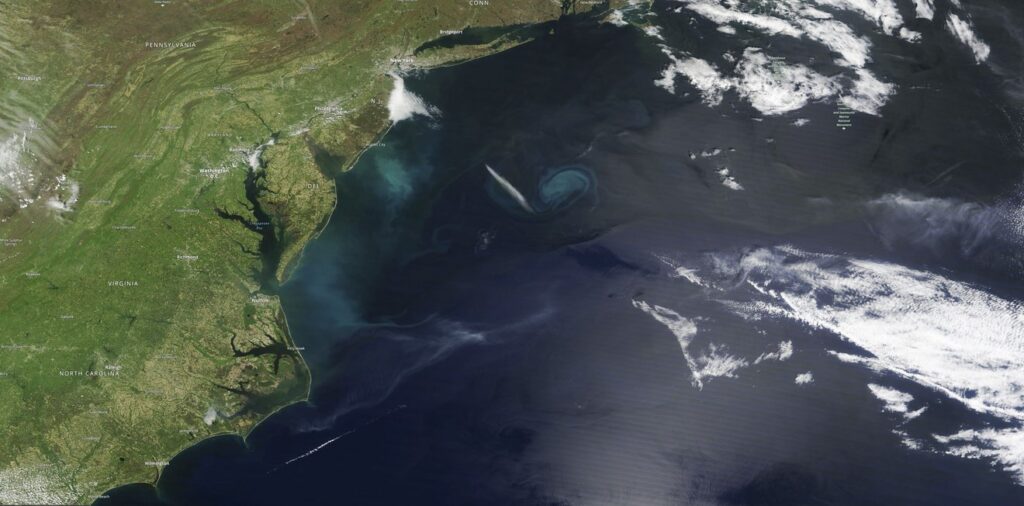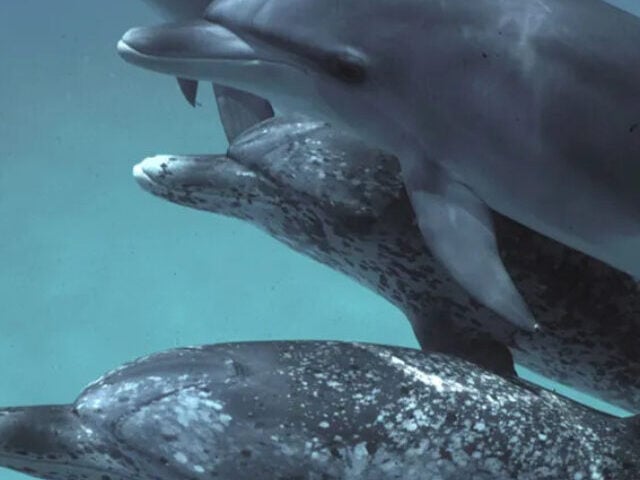A new Stanford University and Colorado State University study reveals that Earth will likely experience record-breaking temperatures this century, even if ambitious climate goals are met. The research, employing artificial intelligence for climate projections, indicates a 50% probability of global warming exceeding 2 degrees Celsius despite achieving net-zero emissions by 2050.
“AI is emerging as an incredibly powerful tool for reducing uncertainty in future projections. It learns from the many climate model simulations that already exist, but its predictions are then further refined by real-world observations,” explains Elizabeth Barnes, professor of atmospheric science at Colorado State University.
The AI system, trained on temperature and greenhouse gas data from climate model simulations, projects dire regional impacts. South Asia, the Mediterranean, Central Europe, and parts of sub-Saharan Africa could face temperature increases beyond 3 degrees Celsius by 2060 if emissions continue rising.
Noah Diffenbaugh, the Kara J Foundation Professor at Stanford, states: “As we watched these severe impacts year after year, we became more and more interested in predicting how extreme the climate could get even if the world is fully successful at rapidly reducing emissions.”
More Stories
The research presents stark probabilities: With net-zero emissions achieved in the 2050s, there’s a 90% chance the hottest year this century will be at least 1.8 degrees Celsius above pre-industrial levels, and a 66% chance it will be at least 2.1 degrees Celsius. Should emissions decline too slowly to reach net-zero by 2100, the study predicts a 90% chance of temperatures rising 3 degrees Celsius above the pre-industrial baseline, with many regions experiencing temperature anomalies at least triple what occurred in 2023.
These findings suggest the 2015 Paris Climate Agreement’s goal of keeping warming “well below” 2 degrees while pursuing efforts to avoid 1.5 degrees is nearly impossible to achieve. This year is expected to surpass 2023 as Earth’s hottest on record, with global average temperatures already exceeding 1.5 degrees Celsius.
The research emphasizes the critical need for adaptation measures alongside decarbonization efforts. Current climate finance heavily favors emission reduction over adaptation strategies, as evidenced in policies like the 2022 Inflation Reduction Act.
“Our results suggest that even if all the effort and investment in decarbonization is as successful as possible, there is a real risk that, without commensurate investments in adaptation, people and ecosystems will be exposed to climate conditions that are much more extreme than what they are currently prepared for,” Diffenbaugh warns.


















